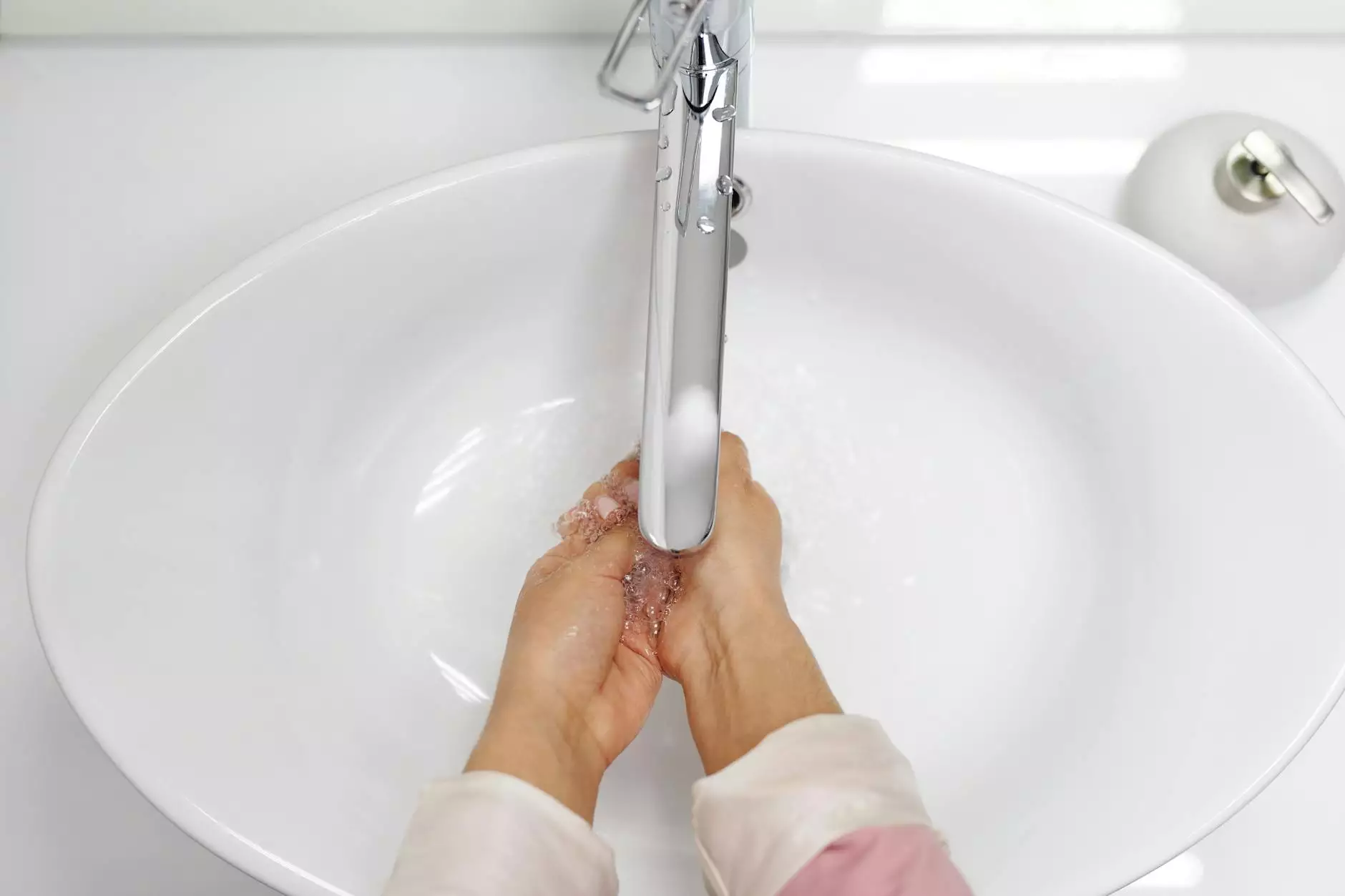The Essential Guide to Hydraulic Component Suppliers

When it comes to the world of machinery, hydraulic components play a pivotal role in various applications, from automotive to industrial uses. Understanding the landscape of hydraulic component suppliers is crucial for anyone looking to maintain their vehicles or equipment efficiently. In this guide, we'll delve deep into everything you need to know about hydraulic components, the top suppliers, and why choosing the right one can enhance your operational success.
What Are Hydraulic Components?
Hydraulic components are parts that facilitate the transfer of energy through hydraulic fluids. These components are essential in a variety of machinery, notably in automotive and motorcycle applications. The primary components often include:
- Hydraulic Pumps: Convert mechanical energy into hydraulic energy.
- Hydraulic Cylinders: Actuate motion within the hydraulic system.
- Hydraulic Valves: Control the flow and pressure of the hydraulic fluid.
- Hydraulic Hoses: Transport hydraulic fluid between components.
- Hydraulic Oil: The lifeblood of hydraulic systems, ensuring smooth operation.
The Importance of Quality Hydraulic Components
Quality hydraulic components are crucial for the operational efficiency and longevity of your vehicles and machinery. Using subpar or mismatched parts can lead to:
- Reduced Efficiency: Poor performance in power transfer and energy loss.
- Increased Wear and Tear: Shortened lifespan of parts can lead to frequent replacements.
- Safety Hazards: Malfunctioning hydraulic systems may result in dangerous situations.
- Higher Operational Costs: Frequent repairs and replacements can add up significantly over time.
Choosing the Right Hydraulic Component Supplier
When you're in the market for hydraulic components, selecting the right supplier is imperative. Here are several criteria to consider:
1. Product Quality
Evaluate the quality of the components they offer. Look for suppliers that provide certified products that meet industry standards.
2. Range of Products
A comprehensive range ensures that you can find all the components you need in one place. Good suppliers will offer pumps, cylinders, valves, hoses, and oils.
3. Customer Service
Reliable customer service can make a significant difference. Look for suppliers that offer support, consultation, and assistance in selecting the appropriate components.
4. Competitive Pricing
Price should be a consideration, but it should not compromise quality. Compare pricing among different hydraulic component suppliers to find the best value.
5. Delivery and Availability
Understand their lead times and availability of stock. The best suppliers should have quick turnaround times on orders.
Top Hydraulic Component Suppliers in the Industry
Now that we understand what to look for, let’s take a look at some of the top hydraulic component suppliers that stand out in the industry:
Shop Hydraulic America
At ShopHydraulicAmerica.com, quality and service are at the forefront. They specialize in:
- Automotive hydraulic components
- Motorcycle hydraulic parts
With a comprehensive inventory and a commitment to customer satisfaction, they cater to both end consumers and businesses alike.
Parker Hannifin
Parker Hannifin is a global leader in motion and control technologies. Their extensive product line includes hydraulic pumps, valves, and hoses that are reliable and innovative.
Eaton
Eaton provides a range of hydraulic products that focus on efficiency and performance. They offer solutions for various industries, emphasizing the automotive and aerospace sectors.
Hydac
Hydac is known for their high-quality filtration and hydraulic systems. They design unique solutions tailored to customer needs in fields such as agriculture and construction.
The Role of Technology in Hydraulic Systems
Technology has advanced the capabilities of hydraulic components significantly. Modern hydraulic systems now include features like:
- Smart Sensors: Monitor performance and provide data analytics for maintenance.
- Automation: Enhance precision and reduce the degree of human error.
- Energy Efficiency: New designs and materials that reduce wasted energy.
- Telematics: Allow for remote monitoring and diagnostics.
Maintaining Your Hydraulic System
To ensure the longevity and efficiency of your hydraulic systems, regular maintenance is vital. Here are some key maintenance tips:
1. Regular Inspections
Conduct frequent inspections of your hydraulic components. Check for leaks, wear, and any unusual noises during operation.
2. Fluid Checks
Regularly check the hydraulic fluid levels and quality. Ensure that the fluid is clean and at the appropriate levels to maintain pressure and lubrication.
3. Replace Filters
Dirty filters can decrease system performance. Schedule regular filter replacements to ensure smooth operation.
4. Address Issues Promptly
If you notice any issues in your hydraulic system, address them immediately to prevent further damage or safety hazards.
Conclusion
In conclusion, understanding the importance of hydraulic components and choosing the right hydraulic component suppliers can significantly impact your automotive and industrial operations. As we have explored, factors such as product quality, customer service, and the range of products available should guide your selection process. Invest in reputable suppliers like ShopHydraulicAmerica.com and prioritize maintaining your hydraulic systems to ensure safety, efficiency, and longevity.
Stay informed about new technologies and practices in hydraulic components to keep your machinery running smoothly and effectively. With the right knowledge and partners, you can ensure your vehicles and equipment operate at peak performance, providing you with the reliability and productivity you desire.








